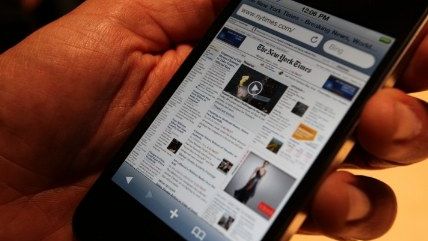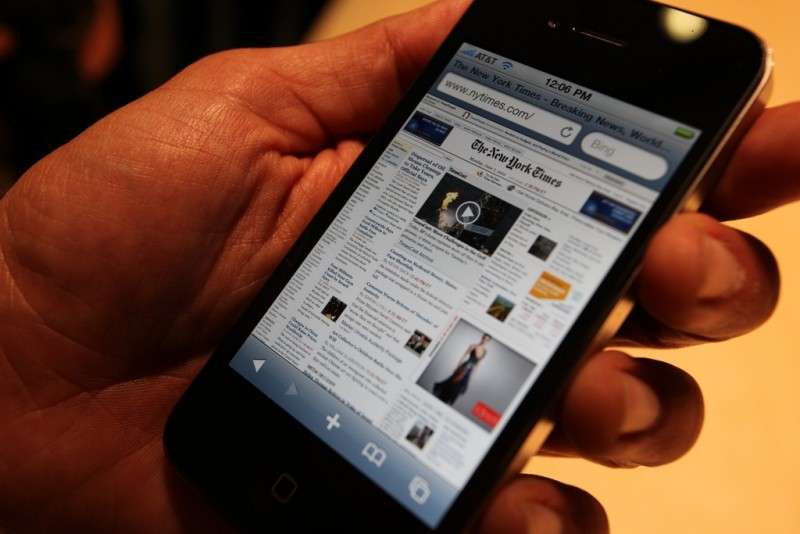Don't Forget: Apple Still Has an Encryption Fight Going in New York
The fight over government access to your private data will not be ending anytime soon.


At the same time the FBI was trying to force Apple to help open a San Bernardino terrorist's work phone in California, the Department of Justice was also attempting the same tactics in a drug-related case in Brooklyn.
The FBI was winning its case in San Bernardino (or at least it initially got a federal judge's support) and then withdrew its request after Apple filed a response in opposition to the order and the law enforcement agency apparently found a third party to crack the iPhone for them.
But over in Brooklyn, the feds found a less friendly judge. The judge ruled in February that it was government overreach to attempt to use the All Writs Act to try to force Apple to assist the government in cracking the security of the phones it creates in order to assist the feds in gathering data about crimes. Magistrate Judge James Orenstein was very firm about it, too, stating that the argument that the Department of Justice presented was tantamount to a belief that the courts could order any American to do just about anything in order to assist the government in investigating a crime unless a law specifically forbid it.
While the judge ruled against the Justice Department, that fight's not over, either. Just as Apple could appeal the ruling that they must assist in San Bernardino, the Justice Department may appeal the decision that tells them no. Today in a court filing, Justice Department lawyers said they're going to decide in the next two weeks whether they're going to appeal in Brooklyn.
One suspects that the delay may have something to do with whether, once again, the feds can figure out how to crack the phone's security on their own. But as Reuters notes, the Department of Justice declined to provide much detail as to why they want to wait to respond:
The U.S. government did not disclose any details in a letter to the Brooklyn judge on Tuesday. Instead, prosecutors only agreed with a request by Apple to delay briefing deadlines in the case, and said it would update the court by April 11 as to whether it would "modify" its own request for Apple's assistance.
An Apple spokesman declined to comment. In court filings the company has said it would want to question any potential government claim that the technique which worked in California would not work in Brooklyn.
So stay tuned. Even if the feds don't need Apple's help in Brooklyn either, the state of New York wants to demand "back door" access to bypass phone encryption to get data, and the U.S. Senate is drafting legislation to authorize judges to demand Apple and other data providers assist law enforcement in accessing information.


Show Comments (19)